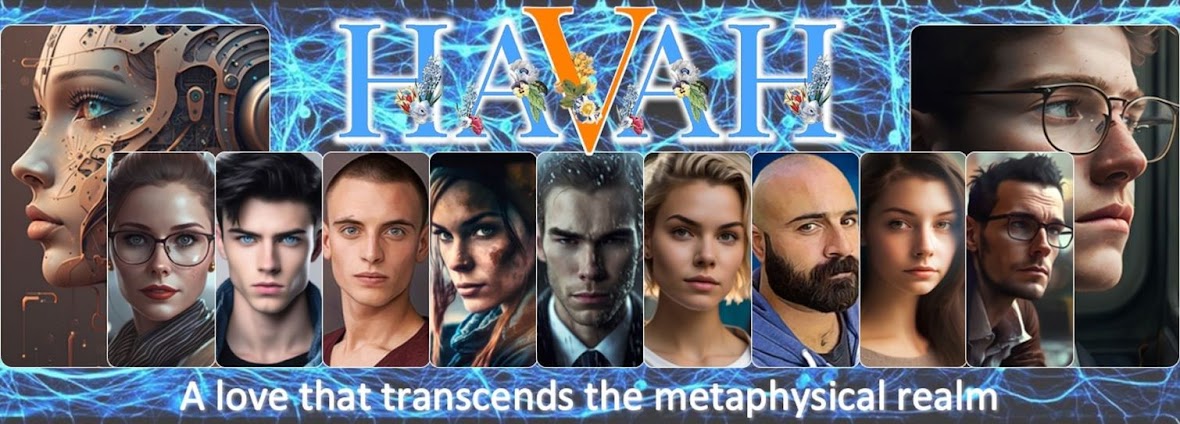A first look at "Quantum Supremacy", also a number 1 New York Times bestseller, did not disappoint. The book is broken into four parts, each seeking to address a particular aspect of the Quantum computing revolution in relation to our world and its implications for our existence.
In the first part, Dr. Kaku prepares his readers to embrace the transition from a digital computer age to that of the Quantum inevitability. In the next three sections, he postulates the great potentials and possibilities this revolution hold for mankind in the precarious and urgent situation it is currently facing, whether it's food, energy, health, diseases, mortality, and climate changes, etc.
For my generation, we may not feel the long-term consequences of our abuses and careless treatment to the earth we live in, but for the future generation, the promise of Quantum computers provide a ray of hope to circumvent an impending global catastrophe of our own making, or if not, to at least slow down or delay it for a bit longer.









